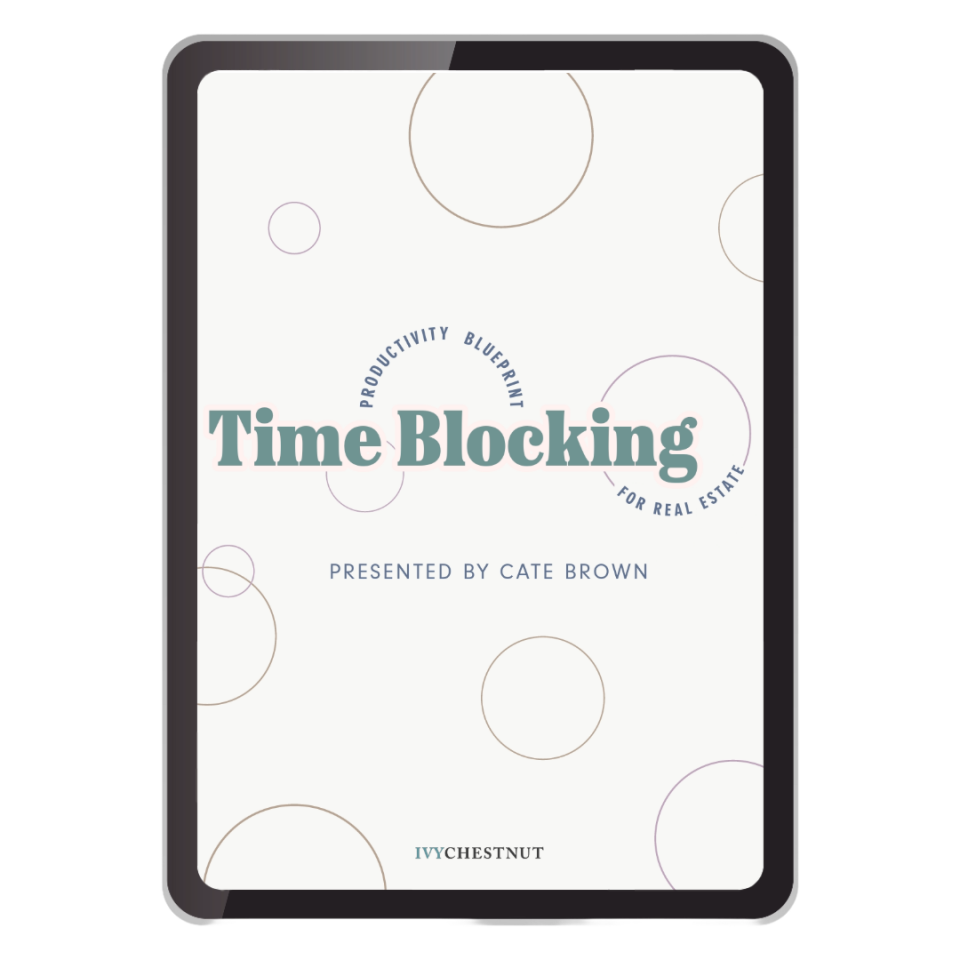Validating Business Ideas
For Entrepreneurial Success
By: Cate Brown
Read Time: 4 Minutes

Starting your own business can be an exhilarating experience, but it's challenging. One of the most crucial aspects of starting a business is identifying and validating your business idea. This process requires a lot of research, market analysis, and critical thinking to ensure your idea has the potential to take off in the market. To ensure the success of your vision, it is crucial to consider various elements, such as the target audience, competition, and current industry trends. By doing your due diligence, you can increase your chances of success and set yourself up for a fulfilling entrepreneurial journey.
Brainstorming and Idea-Generation Techniques
Mind Mapping: Mind mapping is a convenient technique for visually representing your thoughts. This process can help you to organize your ideas, explore different avenues, and identify potential connections and relationships between them. To begin, you start with a central concept and then branch out, adding related ideas and themes in a non-linear and spontaneous way. This approach encourages free thinking and creativity, allowing you to explore different possibilities and uncover hidden gems of innovation. Through the use of colors, shapes, and other visual elements, mind mapping can help you see patterns and connections that might not be immediately apparent when simply jotting down notes in a linear fashion. Mind mapping is invaluable for anyone looking to improve their brainstorming and idea-generation skills.
SWOT Analysis: When exploring a new idea, it's essential to evaluate its strengths, weaknesses, opportunities, and threats. This method provides a structured approach to analyzing your vision, helping you see the feasibility and potential challenges that may arise. By identifying its strengths, you can determine the unique selling points that set your idea apart. Recognizing its weaknesses allows you to address pitfalls and improve the concept. Opportunities can help you identify ways to expand or enhance your vision, while threats may highlight potential issues or competitors you must be aware of. Overall, taking the time to evaluate your idea using SWOT analysis can help you refine and strengthen your concept, increasing its chances of success.

Ask and Observe: One of the most effective ways of generating great ideas is by asking questions and observing people's everyday challenges. By identifying problems that need solving, we can develop solutions that make life easier or more enjoyable for everyone. To achieve this, it is vital to cultivate a sense of curiosity and to seek inspiration from the world around us. By keeping an open mind and paying attention to the needs and desires of those around us, we can tap into a wealth of creative potential and develop innovative solutions that address real-world problems. So, the next time you're looking for inspiration, take a step back, ask questions, and observe the world with a curious and open mind.
Market Research and Validation Tools
Surveys and Questionnaires: Conducting surveys and questionnaires can be a robust tool to reach potential customers and gather valuable insights. By crafting well-designed surveys, you can collect feedback on your product or service, understand your target audience's needs, and identify potential gaps or opportunities in the market. Surveys can help you gauge the demand for your offering and tailor it to meet your customers' specific requirements. With the right survey questions and techniques, you can obtain in-depth information about your market, competition, and customers' preferences, which can help you make informed business conclusions and stay ahead of the curve.
Competitor Analysis: To create a successful business, it's crucial to analyze your competitors and gain insight into their strategies. Please closely examine what they're doing right and identify gaps in their offerings. This information can help you refine your idea and devise a unique selling proposition that sets you apart. By studying your competitors' strengths and weaknesses, you'll be better equipped to create a business plan that maximizes your chances of success.
Test and Iterate: To develop a successful product, it is a wise strategy to start with forming a minimum viable product (MVP) and testing it in the market. This approach allows you to gather helpful feedback from potential customers and learn from it. By refining your offering based on feedback, you can improve your product and better meet the needs of your target market. Remember that validation is an ongoing process that requires continuous monitoring and adaptation to changing market conditions. By staying flexible and receptive to feedback, you can increase your chances of success in the long run.
Identifying Your Target Audience and Crafting a Value Proposition
Define Your Audience: When solving a problem, it is crucial to consider your target audience. To do this, create detailed buyer personas considering various factors such as demographics, psychographics, and needs. By understanding the characteristics and behaviors of your potential customers, you can build a product that resonates with them and ultimately sells. Take the time to research and analyze your target audience to ensure that your product meets their specific needs and preferences. Remember, knowing your audience is the foundation of creating a successful outcome.
Craft a Strong Value Proposition: It's crucial to clearly and convincingly express your product or service's benefits. It is best to communicate why potential customers prefer what you're offering over what your competitors offer. Your value proposition should be a powerful and persuasive commitment to your customers. It should be the shining example of what sets you apart from others in your field. By emphasizing your product or service's value, you can create a compelling narrative that draws customers to you and keeps them coming back.
Starting a business is a formidable and rewarding journey requiring considerable effort. One of the most critical aspects of this process is identifying and validating a business idea. It's like planting and nurturing a seed to grow into a successful venture. To achieve this, you must be creative, conduct thorough research, and deeply understand your target audience.

Identifying and validating a business idea involves brainstorming, researching, and analyzing the market to determine whether your idea has the potential to succeed. Ensuring your concept is unique, feasible, and has a market demand is crucial.
Remember, every successful business started as a mere idea, a tiny flicker of imagination. However, it was the validation and execution that turned it into a blazing success! So, keep dreaming, questioning, and, most importantly, validating. One practical approach to validate the viability of your idea is to conduct market testing and gather constructive feedback from prospective customers. This valuable input can provide insights into the potential success of your vision.
In conclusion, starting a business is a challenging but rewarding experience. It demands commitment, resilience, and a willingness to learn and adapt. Your entrepreneurial journey has just begun, and by identifying and validating a business idea, you are one step closer to success.







